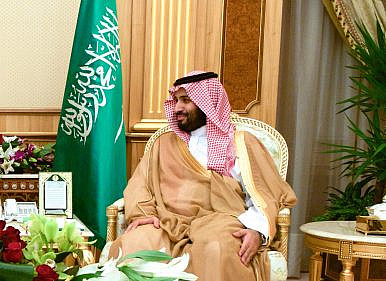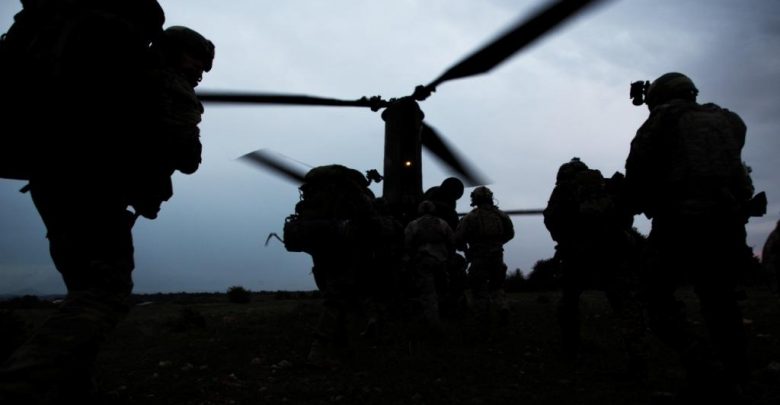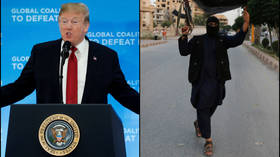ΣΧΟΛΙΟ ΙΣΤΟΛΟΓΙΟΥ : Οι Ισραηλινοί έχουν γίνει μαλθακοί και δεν είναι διατεθειμένοι να ματώσουν οι ίδιοι, έλα όμως που οι Αμερικανοί έχουν κουραστεί να τραβάνε το ζόρι συνέχεια για αυτούς. Όσο
και αν θέλουν να κρυφτούν πίσω από τους Κούρδους, η να συνεχίσουν να
πολεμούν δι' αντιπροσώπων, κάποια στιγμή θα πρέπει να βουτήξουν οι
ίδιοι, μέσα στην κινούμενη άμμο.Όταν σας έλεγα για τον
τελειωμένο Μάττις (πριν τον σουτάρουν) το έλεγα διότι
η πραγματική αιτία της εκπαραθύρωσης ουσιαστικά και όχι
παραίτησής, είναι ότι ενδιαφερόταν περισσότερο να εξυπηρετήσει τα
συμφέροντα του Ισραήλ προωθώντας με κάθε τρόπο τα σχέδια πολεμικής
εμπλοκής με το Ιράν, παρά των Η.Π.Α., οι οποίες δεν είχαν κανένα λόγο να
χωθούν οι ίδιες στην κινούμενη άμμο της Μ. Ανατολής.
But the Warsaw conference did bring together Gulf Arabs and Israel against their common enemy.
Mike Pence traveled to Warsaw to deliver a
scathing message to European allies for not standing with America
against Iran. “The time has come for our European partners to stand with
us and the Iranian people,” he declared.
Except some of the Europeans hadn’t even bothered to show up.
Nevertheless, Secretary of State Mike Pompeo heralded the breadth of
the Middle East conference, citing representatives present from
“60-plus” countries around the world. The absences were telling: Foreign
ministers from Germany and France
declined to show, sending lower-level officials instead. The
EU’s
foreign-affairs chief had a scheduling conflict. Representatives for
key players in the Middle East—including the Palestinian Authority,
Iran, Russia, and Turkey—also
weren’t there. The last three were at a conference of their own, where they
lauded the
U.S. withdrawal from Syria and said Syrian troops should replace the Americans.
This was after the formal Warsaw agenda was broadened from its
Iran-centric origins to accommodate the Europeans, who broadly support
the Iran nuclear deal and have tried to preserve it since the
U.S.
withdrawal. Even Pompeo’s co-host, Polish Foreign Minister Jacek
Czaputowicz, emphasized Europe’s commitment to the accord at a joint
press conference with the
U.S. secretary of state, though he did “condemn intolerable actions of Iran beyond its own territory, including Europe,” where the
EU has
accused Iran of directing four recent terrorist plots.
Pompeo didn’t take the bait in that setting; he barely mentioned Iran
at all. But the administration’s focus on Iran was clear in other
venues—for instance,
in Pompeo’s appearance with Israeli Prime Minister
Benjamin Netanyahu, where he noted destabilizing Iranian activities
throughout the region and remarked, “You can’t achieve peace and
stability in the Middle East without confronting Iran. It’s just
not possible.”













